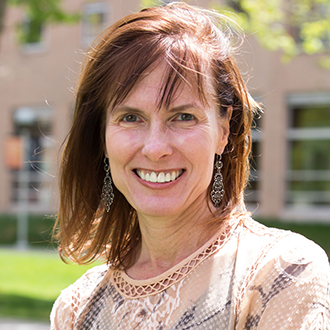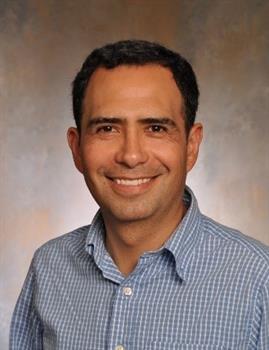Cancer treatment isn’t the same for everybody. Research by the University of Colorado Cancer Center Deputy Director, Cathy J. Bradley, PhD, and Assistant Professor, Marcelo Perraillon, PhD, shows that people in rural areas of Colorado are diagnosed with cancer at a later stage, do not get the same care, and have poorer outcomes than people living in urban areas.
“We found these differences but we couldn’t explain them,” Bradley says.
Now a nearly $2 million R01 grant from the National Cancer Institute will help Bradley and Perraillon take the next step, and identify factors that increase or ameliorate these disparities and find actionable steps to shrink the gap between rural and urban cancer care.
“One of the first problems is a lack of data,” Bradley says.
For this reason, the project will start by linking the Colorado Central Cancer Registry (CCR) with the statewide All Payer Claims Database (APCD) to capture information at the person, treatment, county, insurer, and health care delivery levels for common adult cancers including breast, cervical, prostate, colorectal, melanoma, and lung. Bradley and Perraillon’s team hope these data will show which factors most influence urban/rural care disparities – and also hint at how to bring cancer care up to speed for Colorado’s underserved populations.
“It may be that some rural residents are doing better than others, and by defining the characteristics associated with early diagnosis, effective treatment, and longer survival, we can start to narrow in on ways to provide better care for people who don’t tend to fare as well,” Bradley says.
In addition to searching for new strategies, the team will use their data to evaluate the impact of an existing initiative, namely Colorado’s Accountable Care Collaborative (ACC), a Medicaid program that provides healthcare and health navigation for over a million Colorado residents.
“Our hypothesis is that enrollment in ACCs may have improved cancer outcomes for rural residents through enhanced care coordination and prevention,” Bradley says.
For example, previous work shows that rural residents are more likely than urban residents to start but not fully complete cancer treatment, likely due to the increased difficulty of accessing care in rural areas. Likewise, it may be more difficult for rural cancer patients to access other forms of care that can augment cancer treatment. ACCs that provide coordinated health care may be one way to give patients a focal point for their care, help them get necessary preventive services, and provide management for chronic conditions, leading to better outcomes. In related research, Bradley and Perraillon found that access to specialized care increases the probability that a rural patient will receive state-of-the-art cancer medications.
Eventually, the strategies Bradley and Perraillon hope to discover may provide a model for other states, especially those with similar urban/rural geographic disparities.
“I think this is definitely generalizable to our Four Corners collaborative as they have some of the same geography,” Bradley says.
Overall, the project hopes to inform policy debates about the type of health care investments needed to close the gap between cancer treatment and mortality in rural and urban areas.






